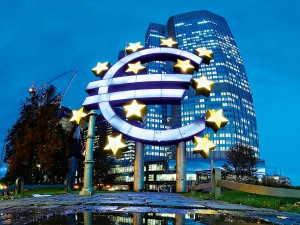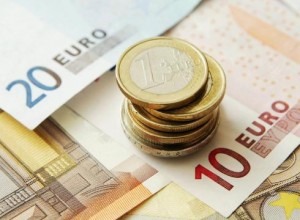 Europe economy is getting better; this can be attributed by the GDP growth which has steadily got an upward trend since the second quarter of 2013 driven by domestic demand. The motor of EU growth is shifting towards domestic demand. Whereas exports propelled the economy during the crisis, the recovery in most of the EU’s Member States is now becoming more self-sustained, as domestic demand strengthens. In the year 2014, domestic consumption and investment is steadily expanding this has reduced the dependency of the recovery on the external sector.
Europe economy is getting better; this can be attributed by the GDP growth which has steadily got an upward trend since the second quarter of 2013 driven by domestic demand. The motor of EU growth is shifting towards domestic demand. Whereas exports propelled the economy during the crisis, the recovery in most of the EU’s Member States is now becoming more self-sustained, as domestic demand strengthens. In the year 2014, domestic consumption and investment is steadily expanding this has reduced the dependency of the recovery on the external sector.
is europe economy getting better? yes; it is observed that there are more balanced growth prospects across the EU member states. Domestic consumption is steadily increasing however at a low pace. Low inflation and improved confidence are providing some support to domestic spending, notably in the short run. Continuous domestic consumption growth will, however, depend crucially on improvements in the labour market. Unemployment is projected to reduce though at a slow pace, meaning employment opportunities are coming up which is a major indicator of economic improvement. This was realized after the recent labour market reforms which seem to favor vulnerable member states.
The gradual shift towards a less expansionary monetary stance has been initiated by the Federal Reserve which has shown the prospect of a gradual normalization of benchmark interest rates and global liquidity has led international investors to discriminate more strongly among emerging market economies, and capital flows to countries with sizeable external imbalances and domestic weaknesses have dried up. This reallocation of capital flows has led to financial market tensions in mid-2013 and again in early 2014. They are a reminder that the global economy remains vulnerable, even as growth and trade are accelerating.
There has been a positive growth in the majority of Member States at the course of last year and the outlook has improved even in the more vulnerable ones. Real GDP growth was noted in 2014, The EU was expected to grow by 1.6 % in 2014 and 2.0 % in 2015, while growth in the euro area is expected to reach 1.2 % and 1.7 % by the end of 2015.
As the recent forecasts shows a short term positive economic recovery, the medium and long term projection does not show a positive results. Due to structural policies there has been a decline in the EU’s growth for the last 15-20 years, this is expected to continue if the EU member states does not initiate appropriate reforms on their economic policies.